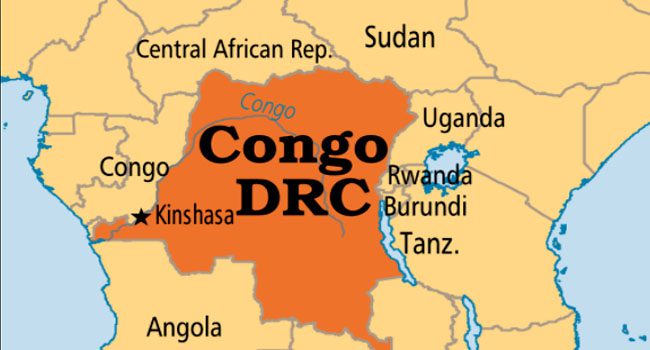Angola has announced it will send troops to eastern DR Congo a few days after a ceasefire between the M23 rebels and the government coalition failed, according to an official statement obtained by APA Monday in Kigali
The office of Angola’s President Joao Lourenço, said in a statement that regional leaders, the African Union, and United Nations were informed about the decision to send troops to eastern DR Congo.
It said that the primary objective of this [military] unit is to secure the cantonment areas of the M23 elements and to protect the members of the Ad Hoc Verification Mechanism.
The statement by Angola came hours after the M23 announced its withdrawal from multiple areas under its control.
Kenya and Burundi already deployed troops under the East African Community Regional Force (EACRF), which occupies territories vacated by the rebels since they began its withdrawal in December 2022.
As chair of the International Conference on the Great Lakes Region (ICGLR), Angolan President Joao Lourenço is the mediator of the DR Congo conflict.
Following a meeting with President Lourenço in the Angolan capital Luanda, the M23 declared a unilateral ceasefire on March 7, which was violated by the DR Congo army FARDC and its coalition armed groups
including the FDLR terrorists that are composed of remnants of those who perpetrated the 1994 Genocide against the Tutsi.
Two days later, the rebels accused the government coalition of violating the ceasefire.
Seemingly state-sanctioned protests against the EAC regional force in February suggested Kinshasa was not interested in a peaceful resolution, which has complicated regional efforts to broker an end to the conflict.
DR Congo’s commitment to a peaceful resolution of the conflict have been questioned again after a minister declared that the government would integrate multiple armed groups into the national army.
Minister Nzangi Muhindo said last week that militia fighters they were “no longer negative forces” and they were now “reservists.”
The M23 was defeated in 2013. But it resurfaced in November 2021, citing multiple agreements ignored by Kinshasa. It also called out continued persecution of Congolese Tutsi communities at the hands of
armed groups, like he FDLR, which is accused of spreading genocide ideology in eastern DR Congo.
CU/abj/APA


